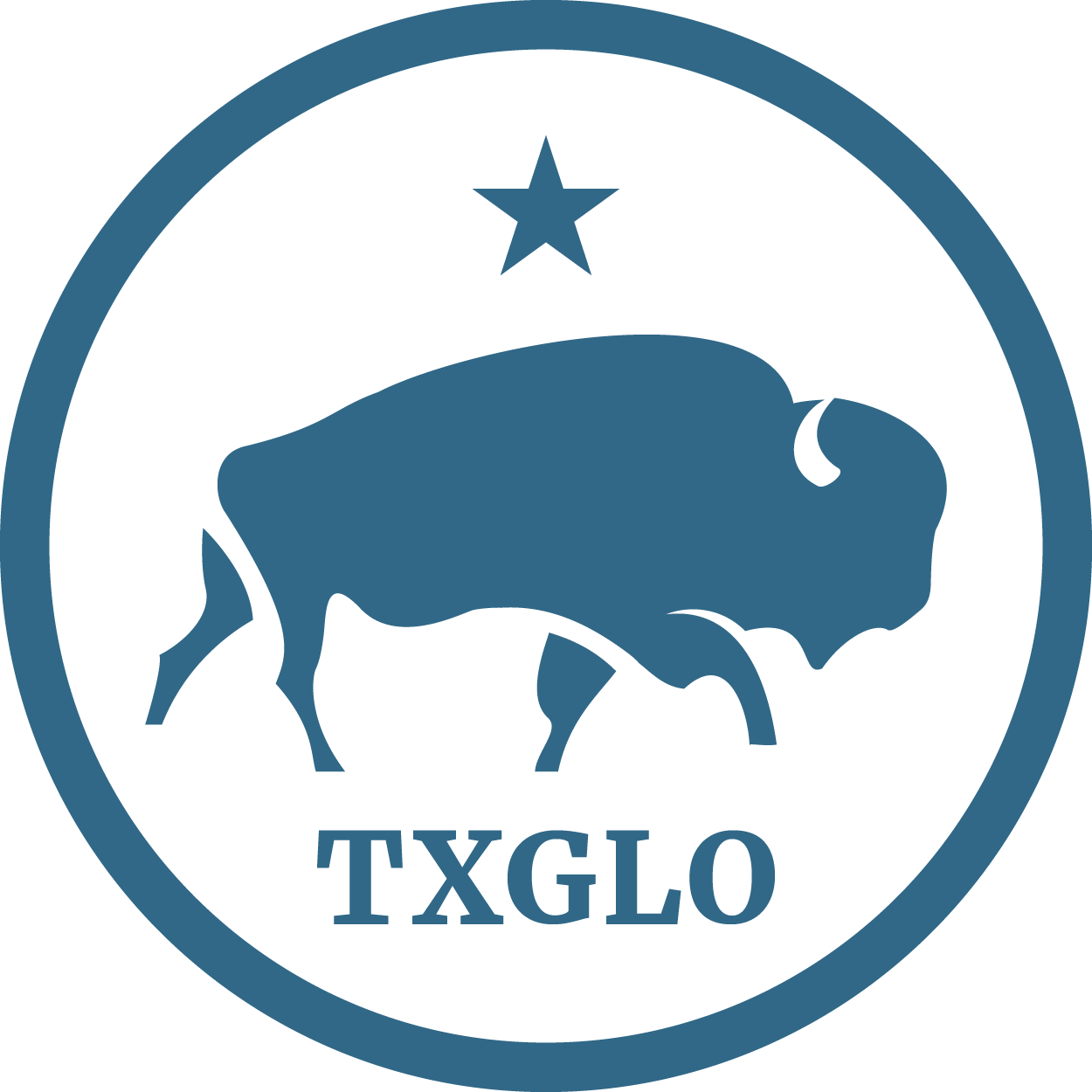AUSTIN – Today, Texas Land Commissioner Dawn Buckingham, M.D., announced the Texas General Land Office (GLO) approved $9,636,364 in Disaster Recovery Reallocation Program (DRRP) funds for flood prevention improvements and fire hydrant replacement projects in the City of Huntsville and City of Pinehurst. The DRRP is designed to utilize de-obligated and unutilized Community Development Block Grant for Disaster Recovery (CDBG-DR) funds to support communities with outstanding unmet needs from federally declared disasters. These funds are allocated through the U.S. Department of Housing and Urban Development (HUD) and must adhere to federal deadlines and policy requirements.
"The GLO is leading from the front—turning commitment into action and vision into progress," said Commissioner Buckingham. "This investment is a clear example of how strong leadership delivers results. We’re building the infrastructure that keeps Texans safe, communities strong, and our state moving forward. The GLO remains steadfast in driving bold solutions that make a lasting impact for generations to come."

For more detailed project descriptions, please visit the Disaster Recovery Reallocation Program (DRRP) webpage and click on “Approved DRRP Projects Descriptions” in the drop down menu under DRRP Overview and Guidance.
Texas GLO Disaster Recovery Reallocation Program (DRRP) Background:
The GLO is administering the funds allocated by the U.S. Department of Housing and Urban Development (HUD) through the Community Development Block Grant Disaster Recovery (CDBG-DR) program. HUD set deadlines for the expenditure and close out of the CDBG-DR grants. The GLO amended and HUD approved state action plans for the Hurricanes Ike and Dolly (2008), 2015 Floods, 2016 Floods, Hurricane Harvey (2017), 2018 South Texas Floods, and 2019 Disasters grants. Each includes the new Disaster Recovery Reallocation Program (DRRP), which allows the GLO to utilize de-obligated and unutilized funds within each action plan.
Combined these six programs yielded approximately $140 million in available funds; however, the GLO received more than $1.4 billion in project submissions. Each approved project underwent eligibility analysis based on the grant used to fund it. As funds continue to be identified through the deobligation process, the remaining funds will be reallocated to this program for each grant.
Failure to complete the projects and finalize HUD’s closeout process will result in HUD initiating the recapture process, which means any funds used towards incomplete projects must be repaid to HUD. Due to the gravity of the deadlines, the GLO can only consider projects that can be completed in enough time to allow for the close out process.
For more information, please visit recovery.texas.gov/DRRP. The action plans outlining the scoring criteria are available at recovery.texas.gov/action-plans.









